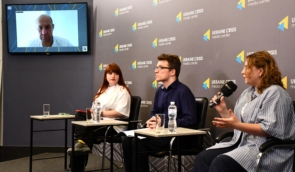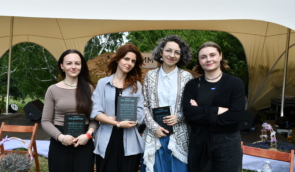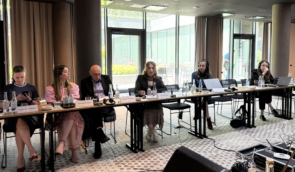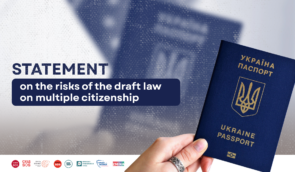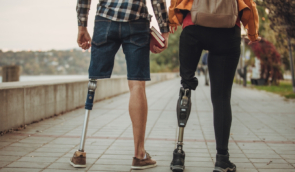Punishment for collaborationism: proposals from human rights defenders
The Coalition of NGOs for Protection of the Rights of Persons Affected by the Armed Aggression of the Russian Federation against Ukraine presented an analysis of the legislation related to criminal prosecution for collaborationism. Human rights defenders also put forward their proposals to amend the legislation in this area.
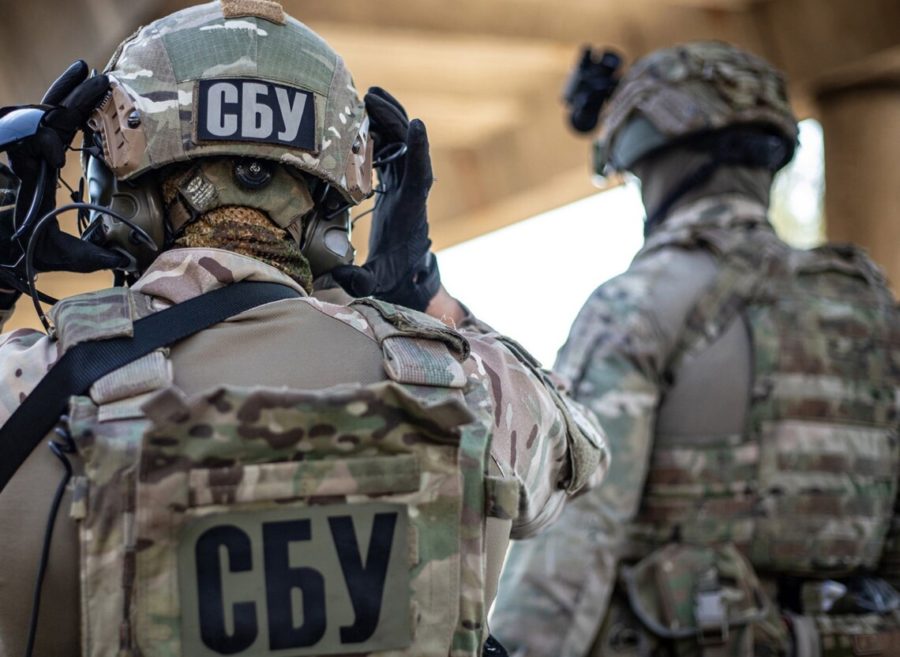
As the report authors note, after the large-scale armed aggression against Ukraine broke out, lawmakers faced the need to introduce additional types of criminal liability which would define a specific “watershed” between permitted and acceptable behaviour of Ukrainian citizens and the behaviour which poses a threat and is unacceptable, in particular, of those who stayed in the temporarily occupied territory of Ukraine or the territory temporarily controlled by the army of the Russian Federation.
The adoption of amendments to the criminal legislation and the introduction of new elements of crimes, such as “collaborationism” (Article 111-1 of the Criminal Code of Ukraine), “aiding and abetting the aggressor state” (Article 111-2 of the Criminal Code of Ukraine), led to numerous appeals filed by residents of the occupied territories of Ukraine to non-governmental human rights organisations with a request to clarify whether the activities they continued to carry out in the occupied territory constitute collaborationism.
However, as the human rights defenders state, the law enforcement agencies still haven’t decided on how to distinguish the elements of the crime of “collaborationism” from other elements provided for by the Criminal Code of Ukraine. The reason for this uncertainty is the inaccuracy of the wording of Art. 111-1 of the CCU, as well as the fact that the elements of the crime of “collaborationism” overlap with other elements of such crimes as “high treason”, “aiding and abetting aggressor state”, “justification, recognition as legitimate, denial of the armed aggression of the Russian Federation against Ukraine, glorification of its participants”.
In particular, Art. 111-1 provides for disproportional punishment for actions: in some cases, the punishment is too severe, in others – it does not fulfill the function of correction and prevention of new criminal offences by a person. Meanwhile, Draft Law No. 8077 introduces new elements of a crime and jeopardises the protection of the rights and interests of Ukrainian citizens living under occupation.
The analysis was prepared by Coalition members: NGO “Human Rights Centre ZMINA”, NGO “Civil Holding “GROUP OF INFLUENCE”, NGO “Donbas SOS”, NGO “Crimea SOS”, Charity Foundation “VostokSOS”, Charity Foundation “Stabilization Support Services” and NGO “Crimean Human Rights Group”.
Read the full text of the analysis, as well as proposals put forward by human rights defenders to improve the legislation on liability for collaborationism in Ukrainian and English.
If you have found a spelling error, please, notify us by selecting that text and pressing Ctrl+Enter.

